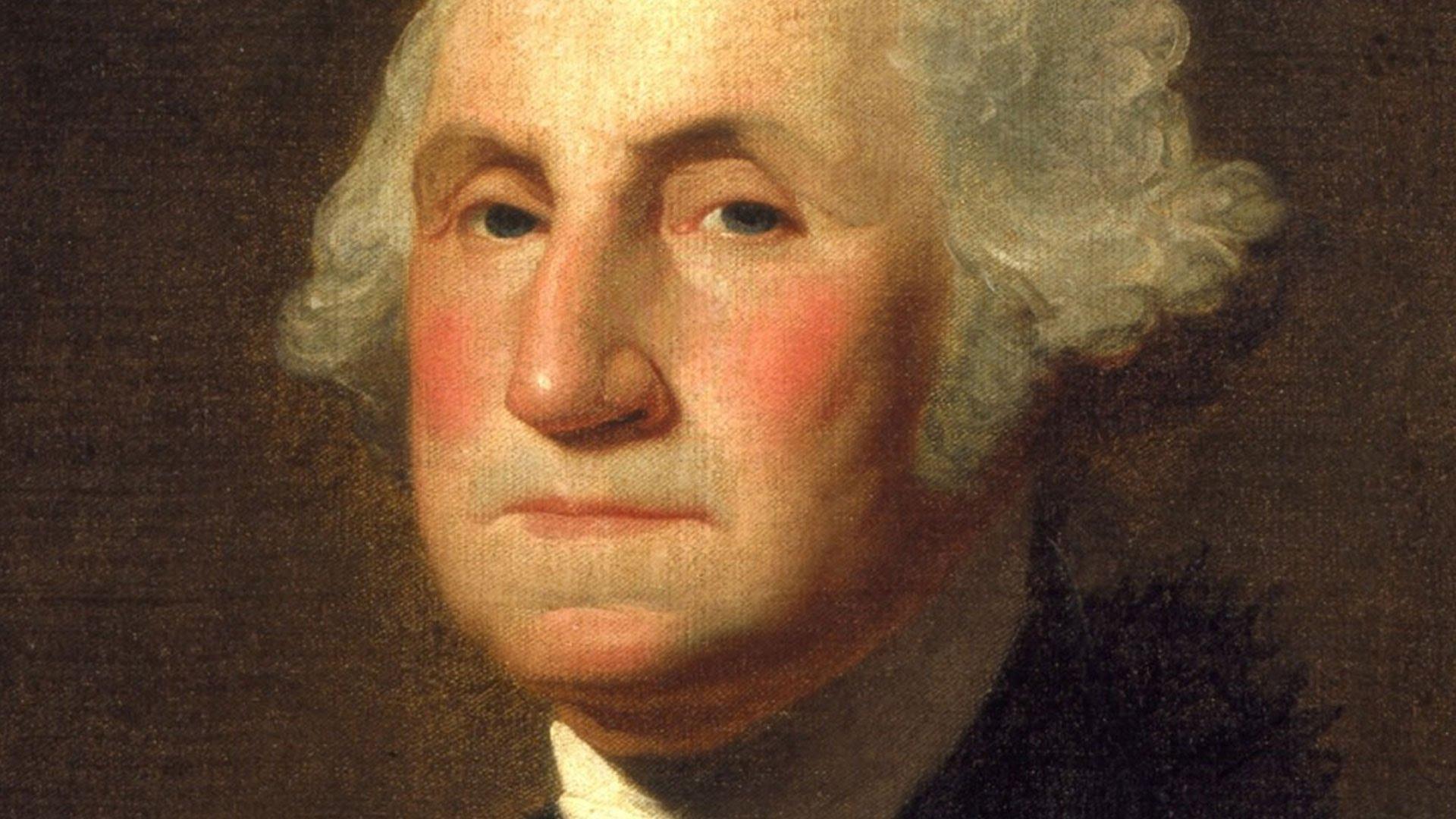
Much of what is being taught, when it's taught at all, has been untrue, revisionist, negative, and decidedly skewed anti-white.
It's no wonder then, that so many Americans in their forties and fifties and younger have no respect nor interest in our country's history, and possess a jaundiced view (or even hatred) for the founding fathers.
A perfect example of the erosion of American leaders is President's Day, which took the place of what was once the celebration of Washington's Birthday.
President's Day is a generic acknowledgement of the highest office in the land and affords us yet another stupid three-day week-end.
But for those of us who were actually alive prior to 1971, Washington's Birthday (Feb.22) is the real holiday, which was established to honor our first and great president.
For anyone wishing to learn about President Washington a good place to start is at the official Mount Vernon website. Mount Vernon, of course, was Washington's home and place of burial. It is preserved, operated and owned not by the Federal government, but by the Mount Vernon Ladies Association of the Union, a private, non-profit organization.
That's right. Our first president's residence is not a national park or monument. The feds have nothing to do with it.
You can get the full history of Washington and his accomplishments at that web site, but the site also lists some little-known facts about the man that many people are not aware of.
For instance, Washington was for the most part self-educated.
Washington's formal education ended by the time he was 15, but he continued to learn on his own, reading books which expanded his knowledge in practical matters and shaped his principles and moral philosophy. Unlike just about any current politician, George Washington never abused his power. Although Washington held strong and consistent positions, both as a general and president, it is his willingness to surrender power that may be his most important legacy. He maintained his humbleness as leader. He was commanding and authoritative, yet never an authoritarian.
On December 23, 1783, Washington strode into the Maryland State House in Annapolis and surrendered his military commissionÃto Congress --- thereby affirming the principle of civilian control of the military. When King George III heard that Washington would surrender his commission, he reportedly said that if "He did [this] He would be the greatest man in the world."
When he was president, at a time when there were no term limits and many would have supported a lifetime role, Washington stepped down as president after the end of his second term --- setting an important precedent that lasted until the middle of the 20th century, when Democrat FDR ran and was elected to four terms. Roosevelt wound up serving 13 years in office, the only president to serve more than two terms. That nonsense was stopped when the 22nd Amendment was passed in 1947.
And another little-known thing about George was that he loved going to parties and being in the company of women. Washington was a man who loved entertainment. There are many accounts of his dancing late into the night at various balls, cotillions, and parties. He loved theater and attended plays of all sorts throughout his life.
Remember, this was an era where strict formality was the norm, including what we might regard as prudish relations between the sexes. But for his time, Washington was quite the ladies' man.
And while liberal educators are quick to teach kids that Washington owned slaves, they rarely tell the rest of the story. George Washington is the only slave-owning president who freed all of his slaves. This at a time when slave-owning was common practice for large landowners and very few of them would ever consider freeing their slaves, Washington did so.
George Washington inherited his first slaves when he was 1 years old. His personal attitude toward slavery gradually changedÃas he grew older and especially as he fought for liberty in the American Revolution.
In his will, Washington arranged toÃfree those slavesÃbelonging to him upon his wife's death (about 123) and, as was required by law, his estate paid for the care of former Mount Vernon slaves for decades after his death.
Society's attitudes about many things, including morality, women, Indians, and yes, slave ownership were quite different in Washington's time than the modern attitudes we have today. Engaging in 21st Century "virtue signaling" with regard to 18th Century conditions and norms is unfair and plain wrong. Applying today's values to yesterday's history is short-sighted and simpleminded.
We should learn from history without discounting it when it doesn't happen to conform with modern teachings. Read about George Washington, but read ALL about George Washington, not just what supports your personal worldview.
He was an extraordinary man.
(COMMENT, BELOW)


 Contact The Editor
Contact The Editor
 Articles By This Author
Articles By This Author